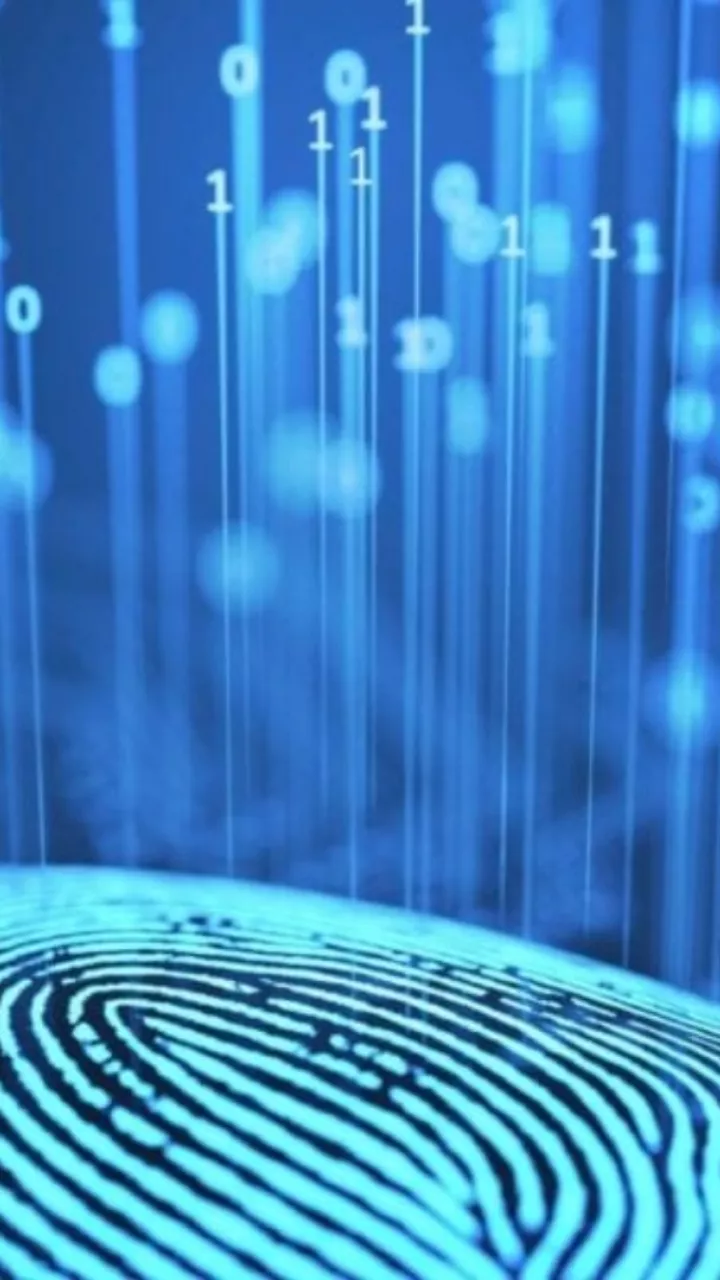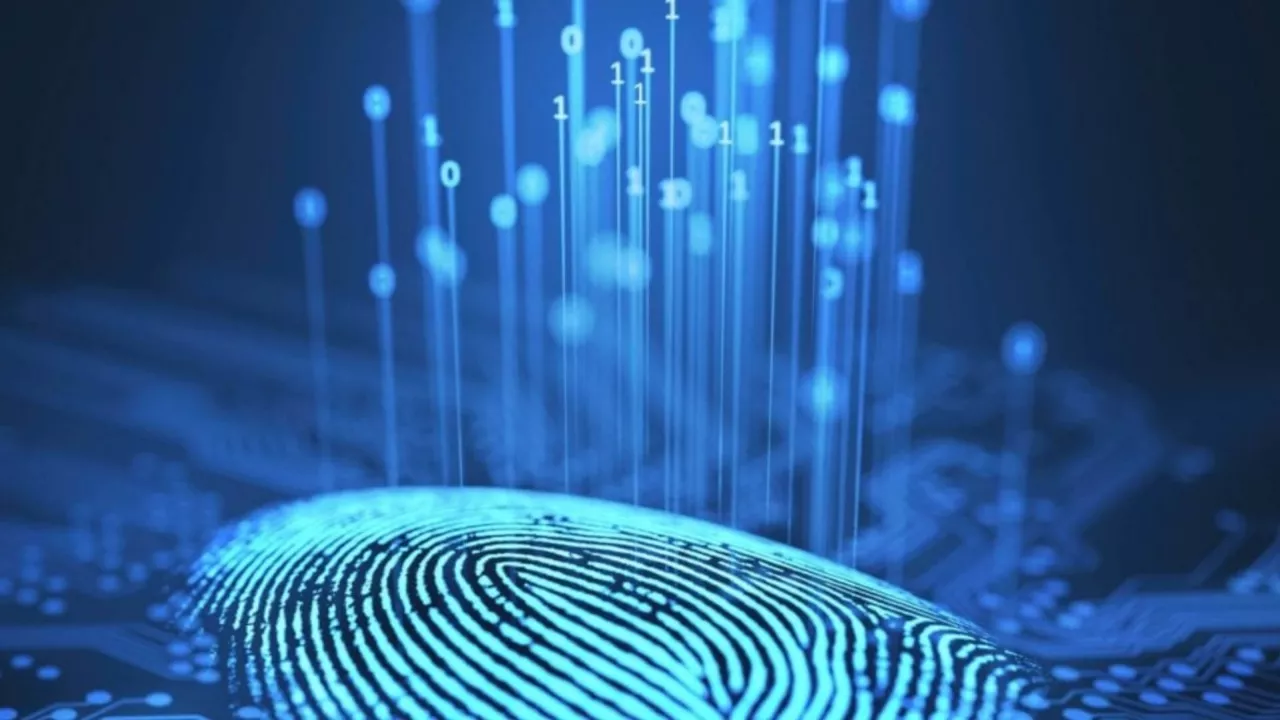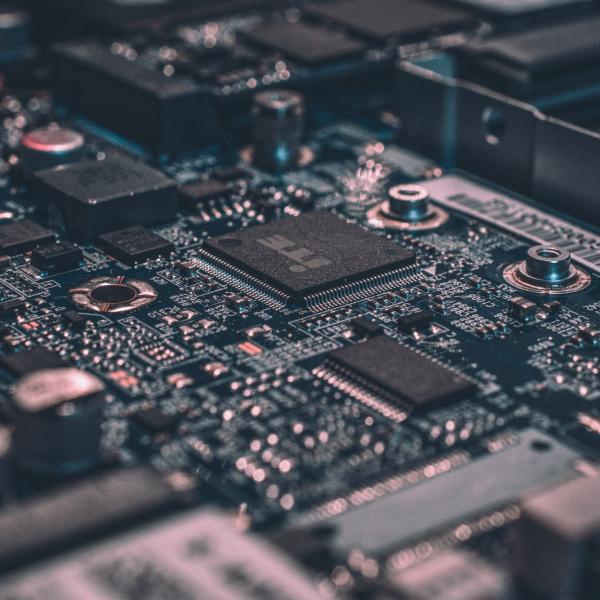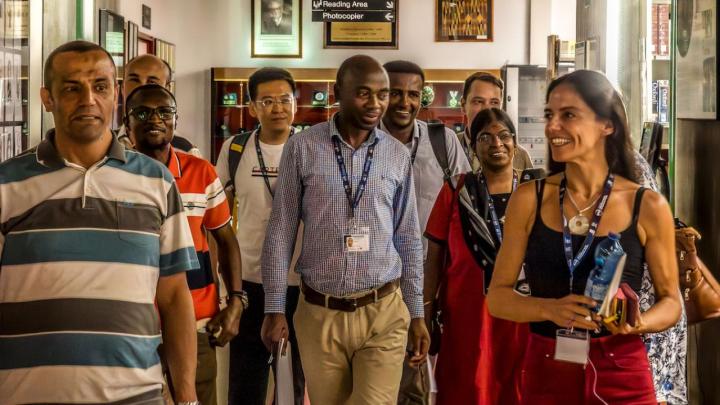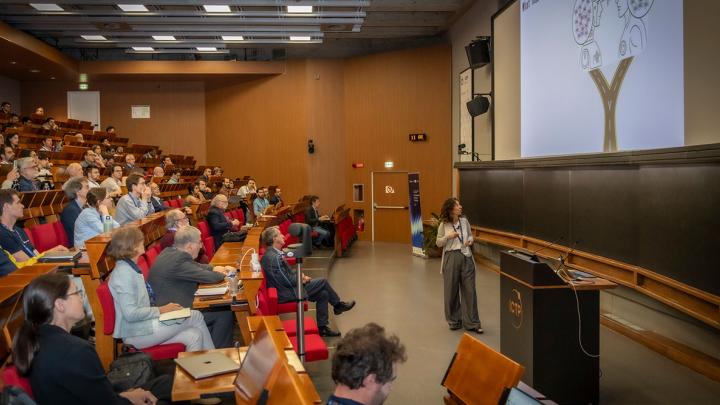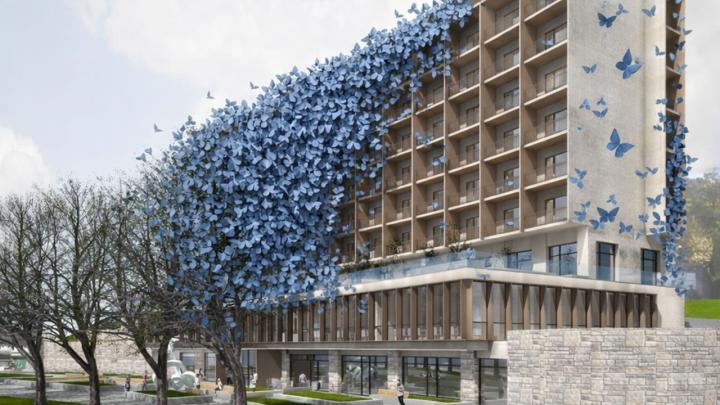Experimental particle physics and multidisciplinary experimental research relies on scientific instrumentation with consistently increasing data collection…
Research Areas
view allThe Earth's ionosphere is defined as that part of the upper atmosphere where sufficient free electrons exist to affect the propagation of radio waves. The ionosphere extends from about 60 km up to…
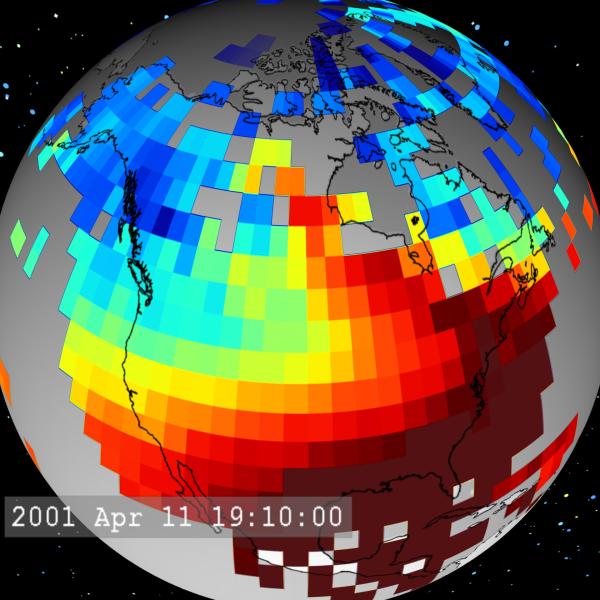
Our activities are a concrete example of helping to bridge the knowledge divide in terms of inclusion by applying cost-effective, open source digital technologies for the dissemination, support…
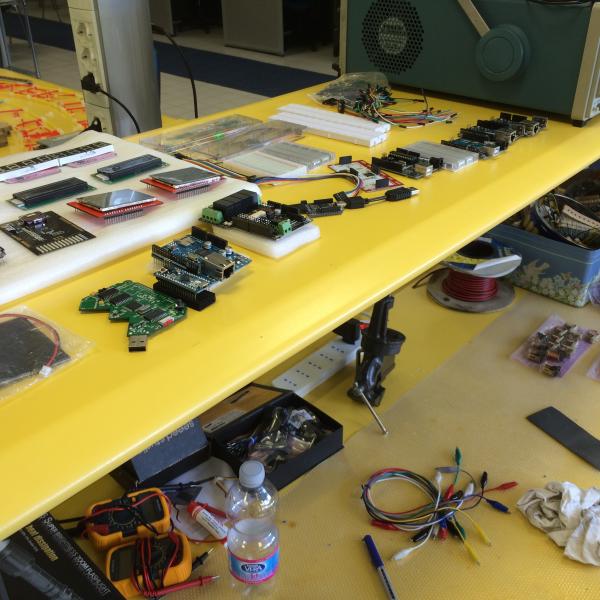
Our research is about reliable, affordable and sustainable wireless solutions to help foster science in Developing Countries. We leverage unlicensed frequencies to provide broadband solutions such…
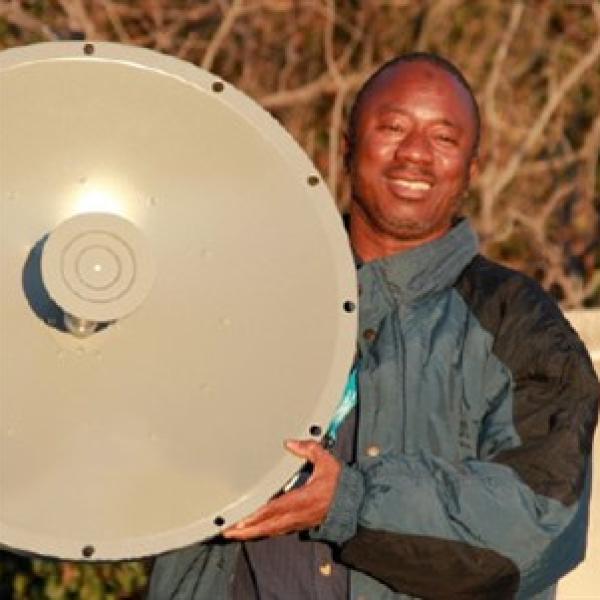
Permanent Scientists
view all membersMarco Zennaro
Coordinator, Research Scientist
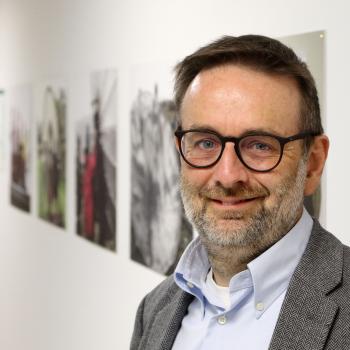
+39 040 2240 4406
mzennaro@ictp.it
EFB-216
+39 040 2240 4406
EFB-216
mzennaro@ictp.it
Maria Liz Crespo
Associate Research Scientist
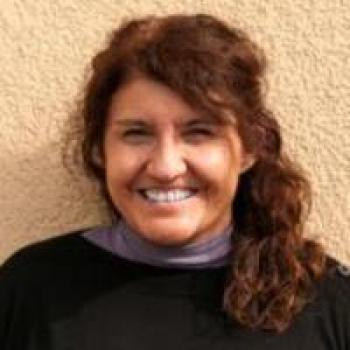
+39 040 2240 4930
mcrespo@ictp.it
MLAB-203
+39 040 2240 4930
MLAB-203
mcrespo@ictp.it
Carlo Fonda
Researcher
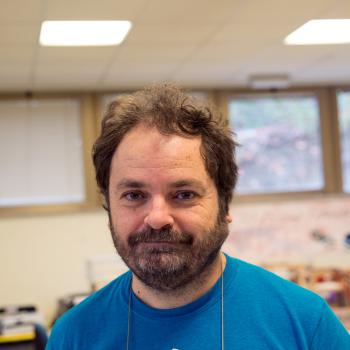
+39 040 2240 5317
cfonda@ictp.it
EFB-Lower level, SciFabLab
+39 040 2240 5317
EFB-Lower level, SciFabLab
cfonda@ictp.it
Yenca Olivia Migoya Orue
Researcher
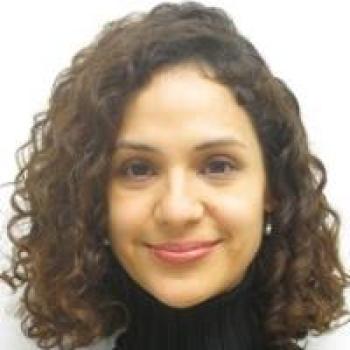
+39 040 2240 4338
yenca@ictp.it
EFB-217
+39 040 2240 4338
EFB-217
yenca@ictp.it
Bruno Nava
Associate Research Scientist
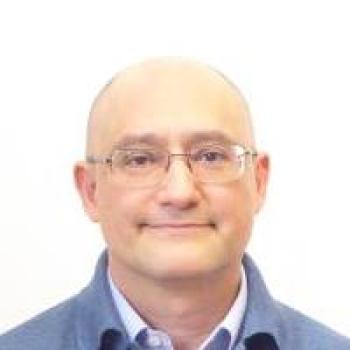
+39 040 2240 4340
bnava@ictp.it
EFB-219
+39 040 2240 4340
EFB-219
bnava@ictp.it
Upcoming Activities
view allNews
view allPublications
view all Journal article
2026
Applied Optics (2026)
Journal article
2026
IEEE Internet of Things Journal (2026)
Journal article
2026
Electronics (2026)
Journal article
2026
Cogent Education (2026)
Journal article
2025
npj Heritage Science (2025)
Journal article
2025
Optics Express (2025)
Journal article
2025
IEEE Access (2025)
Journal article
2025
IEEE Internet of Things Journal (2025)
Journal article
2025
IEEE Access (2025)
Journal article
2025
Optical Materials Express (2025)
Journal article
2025
Physical Review D (2025)
Journal article
2025
Advances in Space Research (2025)
Sorry no results
sti

















